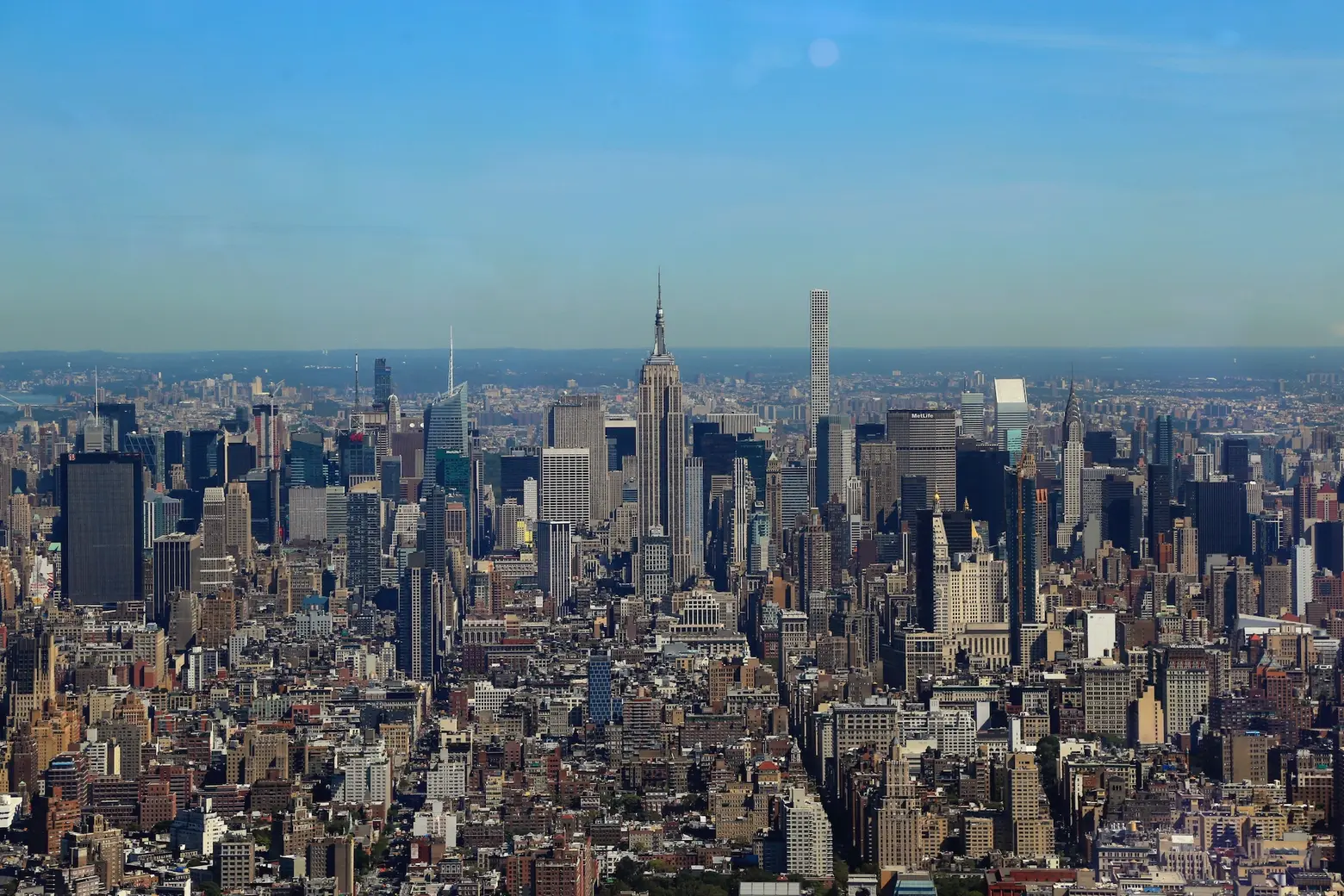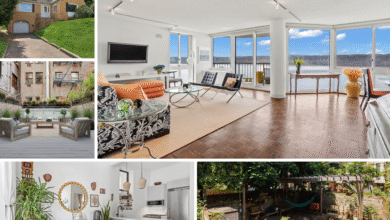NYC rental subsidy aims to build affordable housing in wealthy neighborhoods


The city on Tuesday announced plans to subsidize mixed-income rental projects in neighborhoods with few low-cost homes as a way to jumpstart development following the end of the 421-a tax exemption. The new program, called the Mixed Income Market Initiative (MIMI), would make public money available for the first time to projects with both affordable and market-rate units, with the goal of incentivizing developers to build more affordable homes using revenue generated from the market-rate apartments.
“New York City is in the midst of a housing and affordability crisis, so we must explore every creative idea to deliver the relief New Yorkers need,” Mayor Eric Adams said.
“As someone who grew up on the edge of homelessness, allowing New Yorkers to feel insecure about their housing situation is simply unacceptable. The Mixed Income Market Initiative is an example of how our administration is refusing to accept the status quo, and, instead, is relentless in our efforts to accelerate housing production, cut red tape, and get New Yorkers into safe, quality, and affordable homes.”
The 421-a tax abatement expired in June 2022 without a replacement program; since then, new housing construction has dropped significantly this year. According to a report released this fall by the NY Building Congress, construction of new residential units in New York City dropped by 62 percent in 2023, due to the expiration of the tax break and high interest rates.
The city says MIMI will serve as a complement to the program. The city’s Department of Housing Preservation and Development issued a Request for Expression of Interest and applications will be due in February.
Proposals must contain at least 70 percent affordable housing, with at least 15 percent designated for formerly homeless New Yorkers and 10 percent as rent-restricted units, according to the New York Times, and 30 percent market rate.
The proposals can include a variety of housing options, including apartments for formerly homeless New Yorkers, supportive housing units, and a mix of income-restricted units with rents between 0 and 120 percent of the area median income, and market-rate units.
The city will give preference to projects with the deepest affordability that also use public resources the most efficiently.
“Today, this administration introduces yet another innovative housing finance tool called the Mixed Income Market Initiative (MIMI),” Deputy Mayor for Housing, Economic Development and Workforce Maria Torres-Springer said.
“MIMI will surface new models for combining public resources and private financing to produce new homes for working families, seniors, children, and all New Yorkers who are struggling, with a particular focus on neighborhoods with little affordable housing. We look forward to seeing responses to this Request for Expressions of Interest which we hope will maximize affordability and the efficient use of City resources.”
MIMI is just one of several efforts city and state officials underway to address New York’s housing crisis.
In September, Adams proposed major reforms to NYC’s zoning code to make it easier to build more housing in every neighborhood. According to the mayor, updating zoning rules could facilitate the creation of 100,000 new apartments over the next 15 years by allowing for new homes above commercial businesses and on campuses, legalizing accessory dwelling units like basement apartments and backyard cottages, and accelerating office-to-residential conversions.
“The Adams administration should be applauded for its ongoing focus to pursue policies to help address the City’s housing supply crisis,” Basha Gerhards, Senior Vice President of Planning for the Real Estate Board of New York, said. “A variety of tools will be needed to facilitate the production of much more rental housing, particularly below market rate units, that New Yorkers desperately need.”
In July, Gov. Kathy Hochul issued an executive action extending the benefits of 421-a to projects in Gowanus that qualified for the tax break before it lapsed but won’t meet the 2026 completion deadline. The governor announced this month the state received 19 applications that could create 5,500 units, including 1,400 affordable units. Approvals will be announced in summer 2024.
RELATED:




